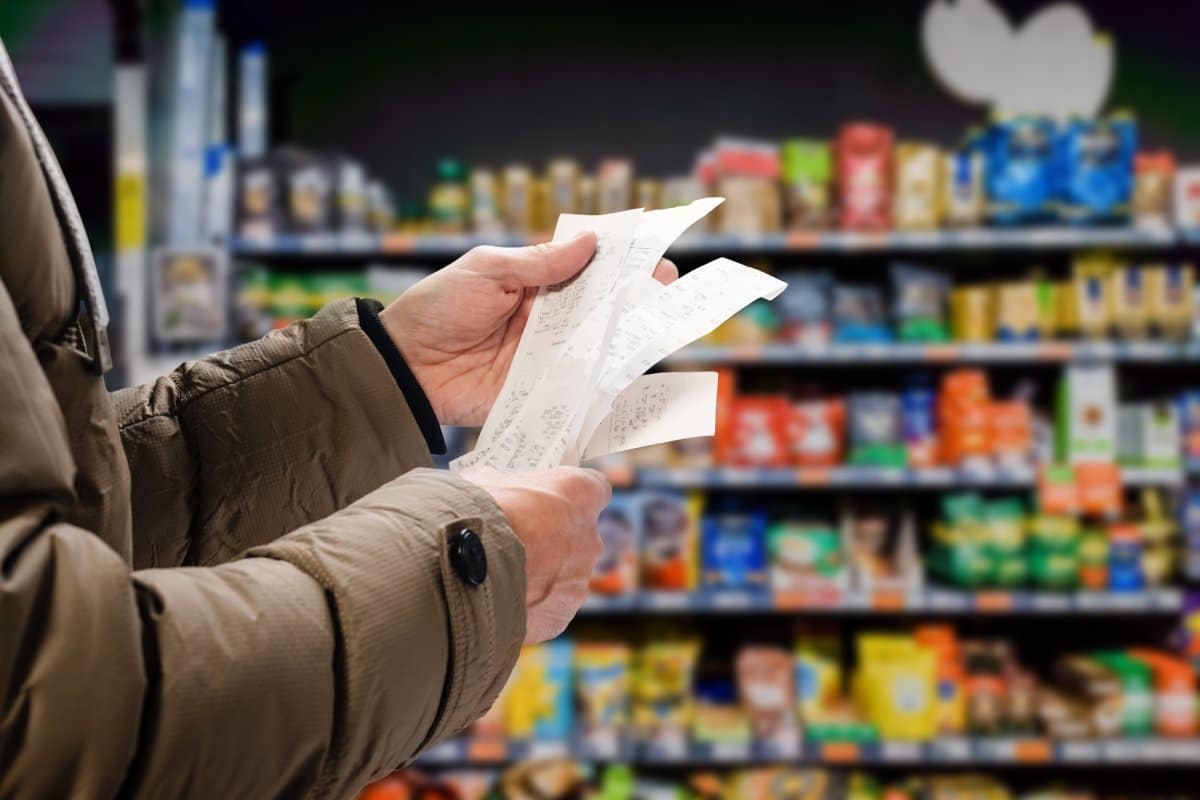The proposed merger between Kroger and Albertsons, two of the largest grocery chains in the U.S., is under scrutiny. The Federal Trade Commission (FTC), supported by several U.S. states, is challenging the $24.6 billion deal due to fears it could lead to higher prices for consumers.
Government Steps in Against Supermarket Giants
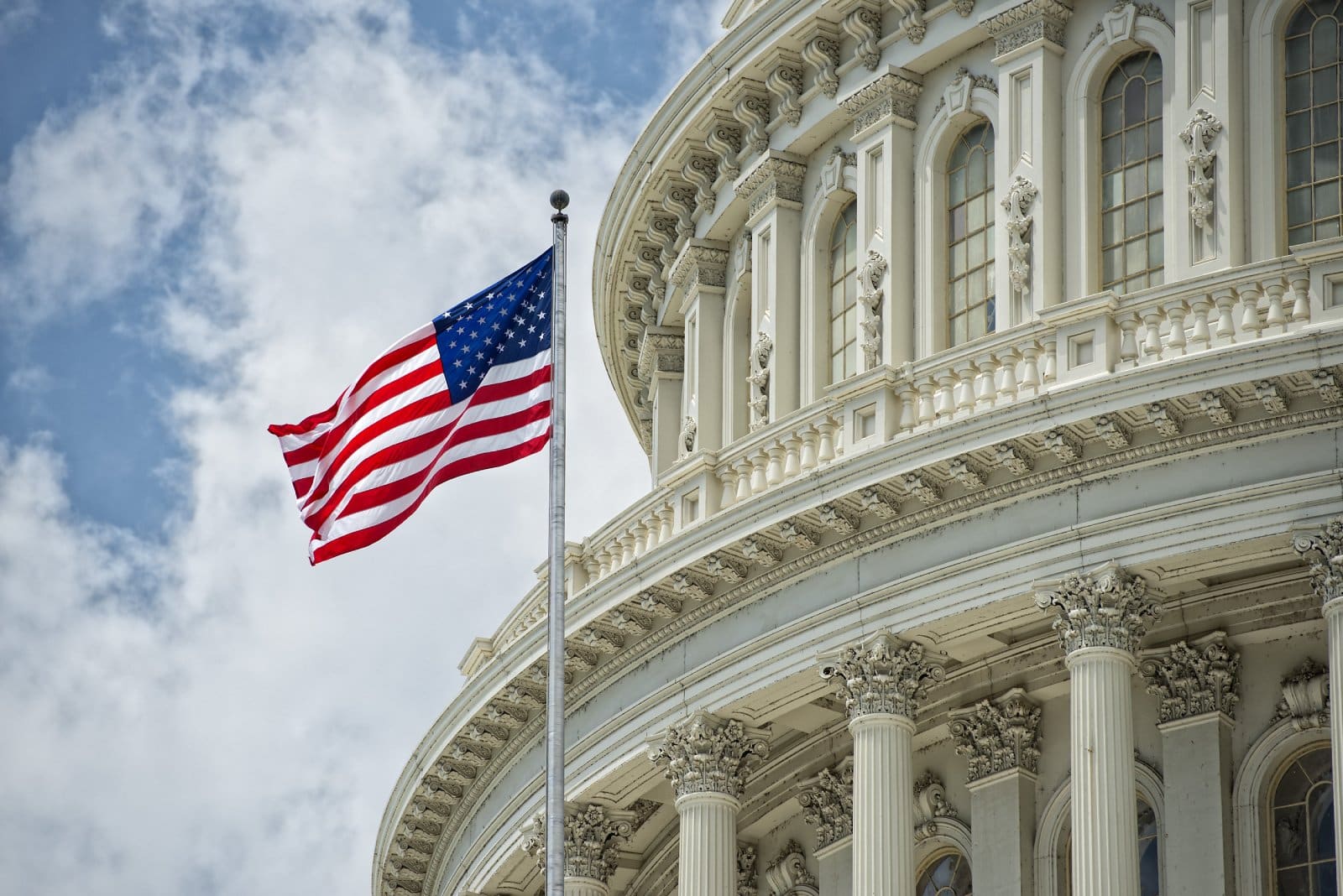
The FTC believes the deal will cut down on competition and make life harder for shoppers already feeling the pinch. Critics are concerned it’s going to concentrate too much power in too few hands, leading to price hikes.
With household budgets feeling the pinch everywhere, few areas are more pressing and essential than everyday grocery items.
Food Prices on the Rise
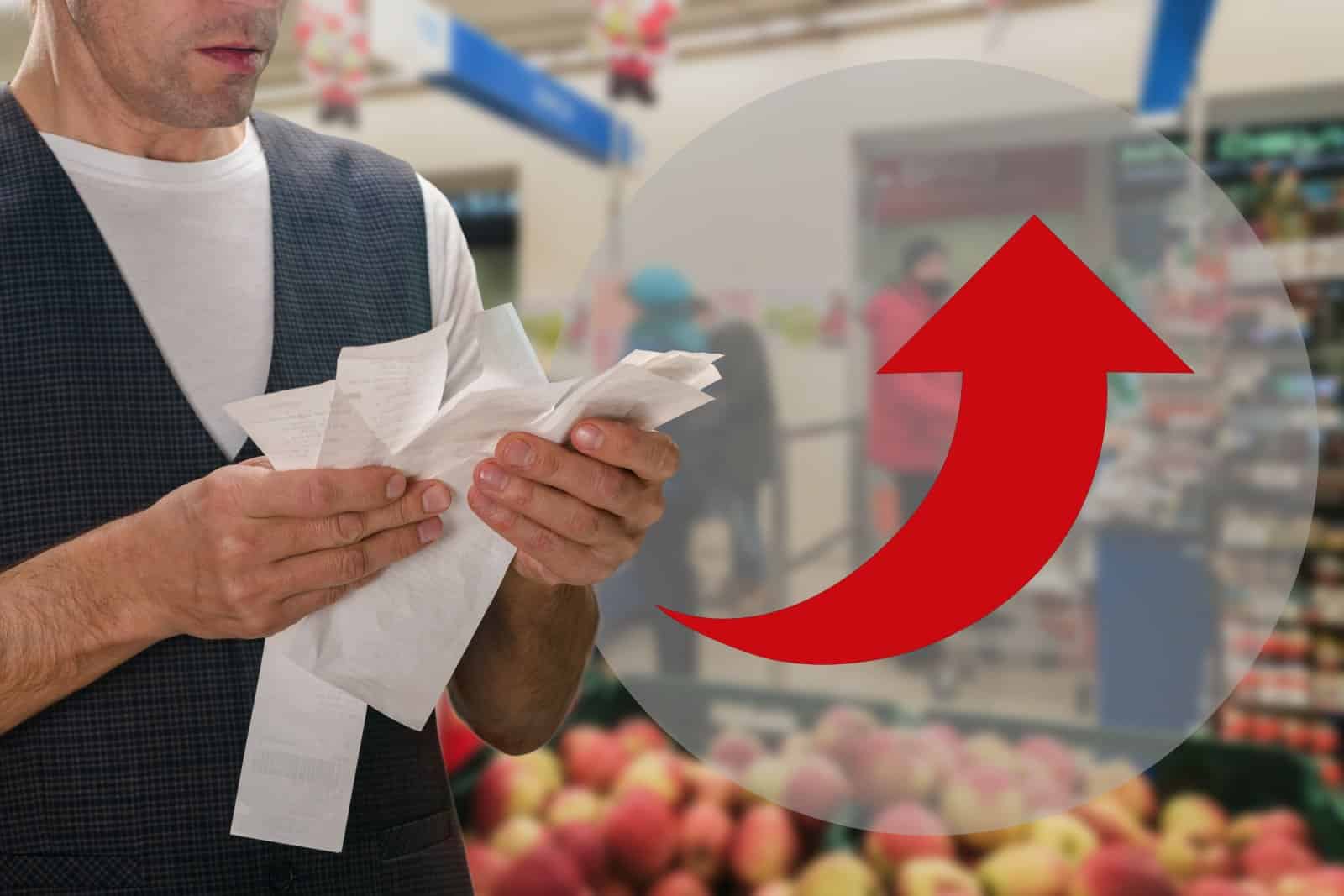
Food prices have surged 25% in just four years, placing unprecedented strain on consumers. This has become a hot-button issue for President Joe Biden, who is under pressure to show he is doing something about it.
Kroger and Albertsons Hold Their Ground

Despite the backlash, both Kroger and Albertsons are standing by their merger. They argue that combining forces would better position them against competitors like Walmart and Amazon.
The merger promises a network of approximately 5,000 stores, aiming to serve 85 million households across 48 states.
Why Some Are Wary

There are growing fears that fewer, bigger players in the grocery game could mean bad news for shoppers. Critics say this could lead to fewer stores, fewer job opportunities, and less variety on the shelves—not to mention higher prices.
FTC Throws Down the Gauntlet
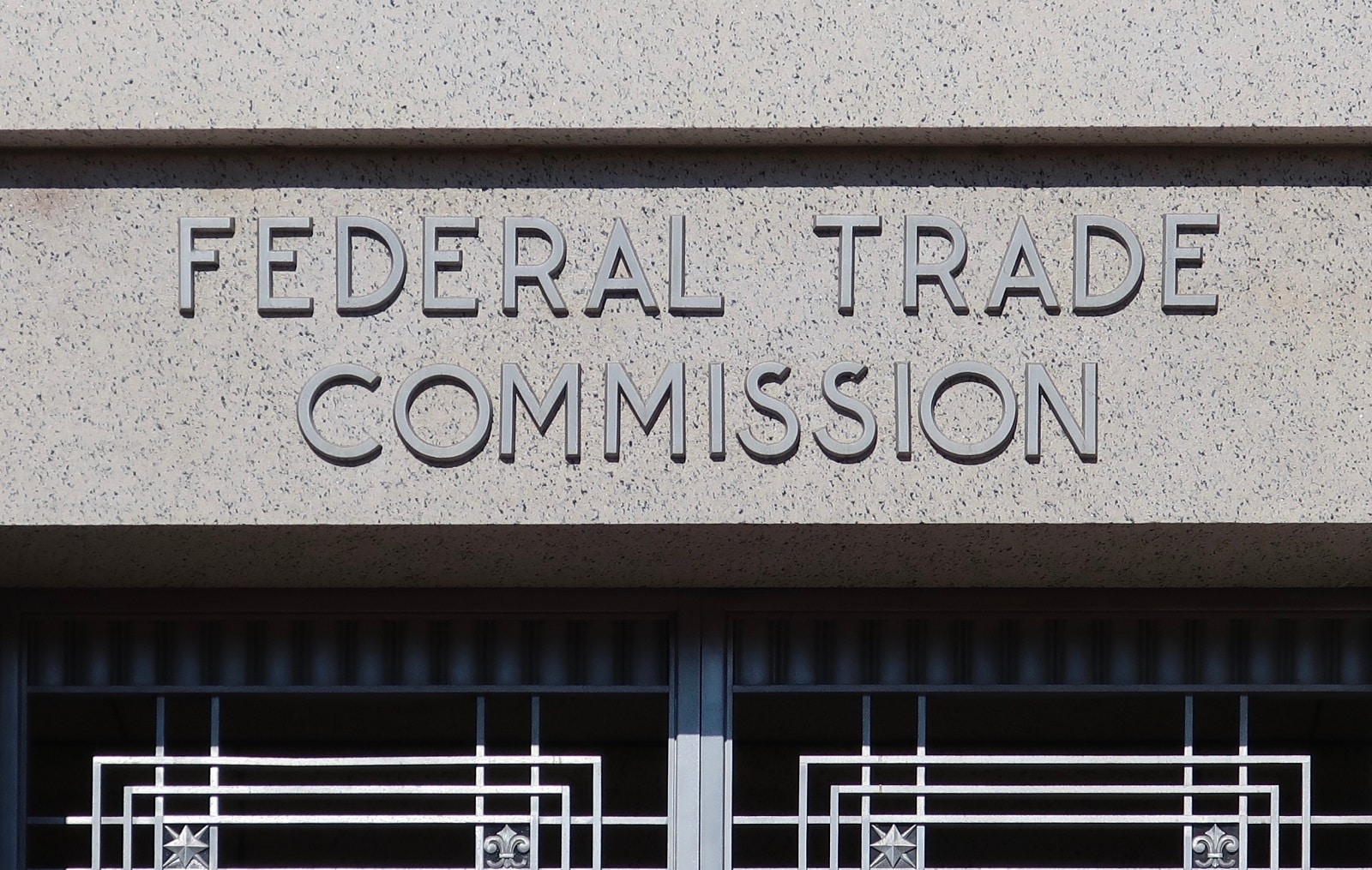
The FTC is not mincing words, launching a lawsuit to block the deal. They argue that it is bad news for shoppers, who might end up with less choice and higher prices.
Anti-monopoly groups are cheering on the FTC, saying big retailers’ power is already too big for the food system’s good.
Kroger’s Counter

Kroger’s comeback? They proposed selling off more than 400 stores to smooth over monopoly worries. However, the FTC called this move inadequate.
Kroger says stopping the merger would actually hurt, not help, by leading to higher prices and fewer union jobs.
The Union Angle

Kroger points out their workers are unionized, hinting that blocking the merger would hit these workers hardest. They are framing it as a lose-lose for employees and shoppers alike.
Promises of Lower Prices
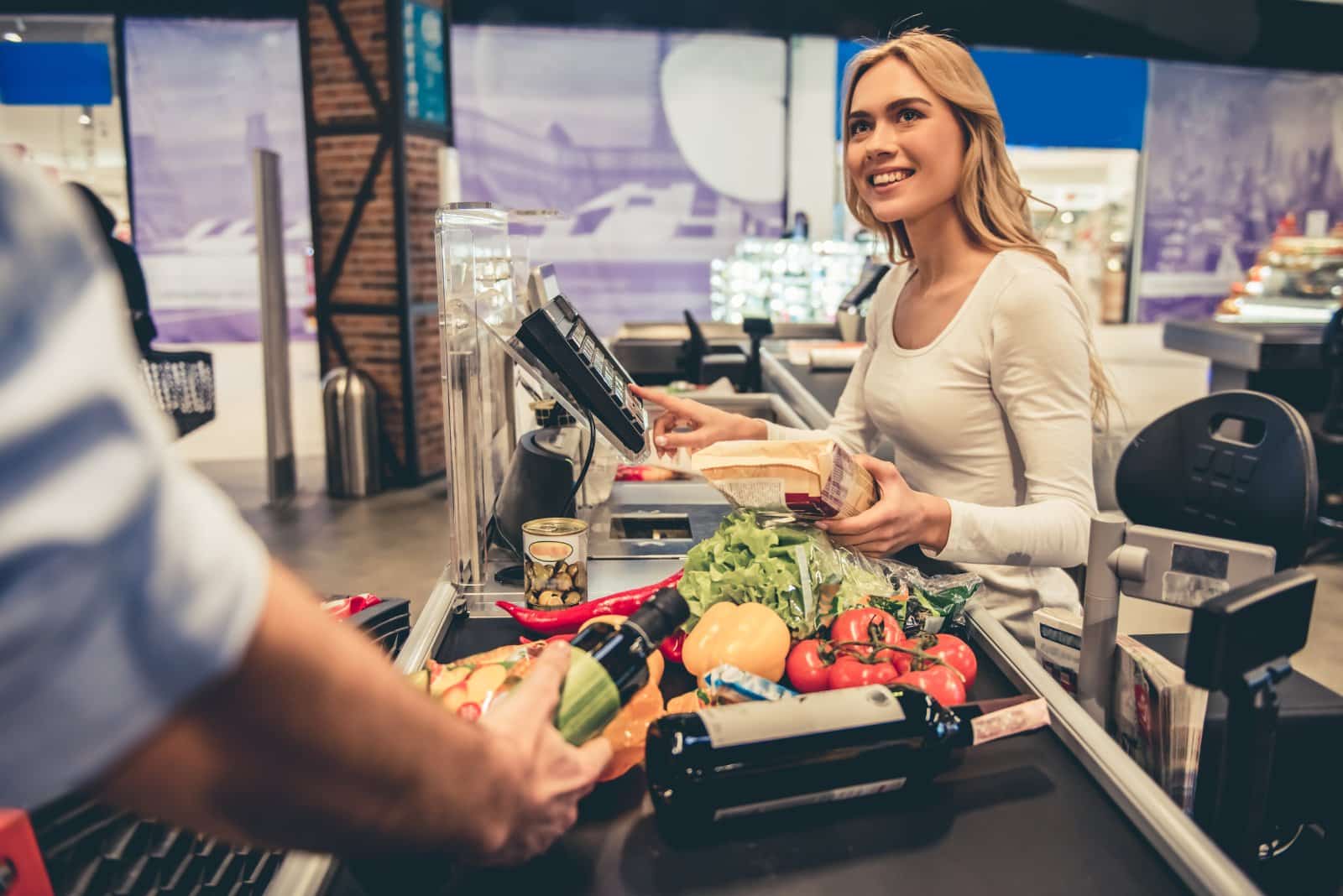
Despite the backlash, both companies insist they won’t close stores or cut jobs. Instead, they are talking about investing in price cuts to keep groceries affordable.
A New FTC Perspective
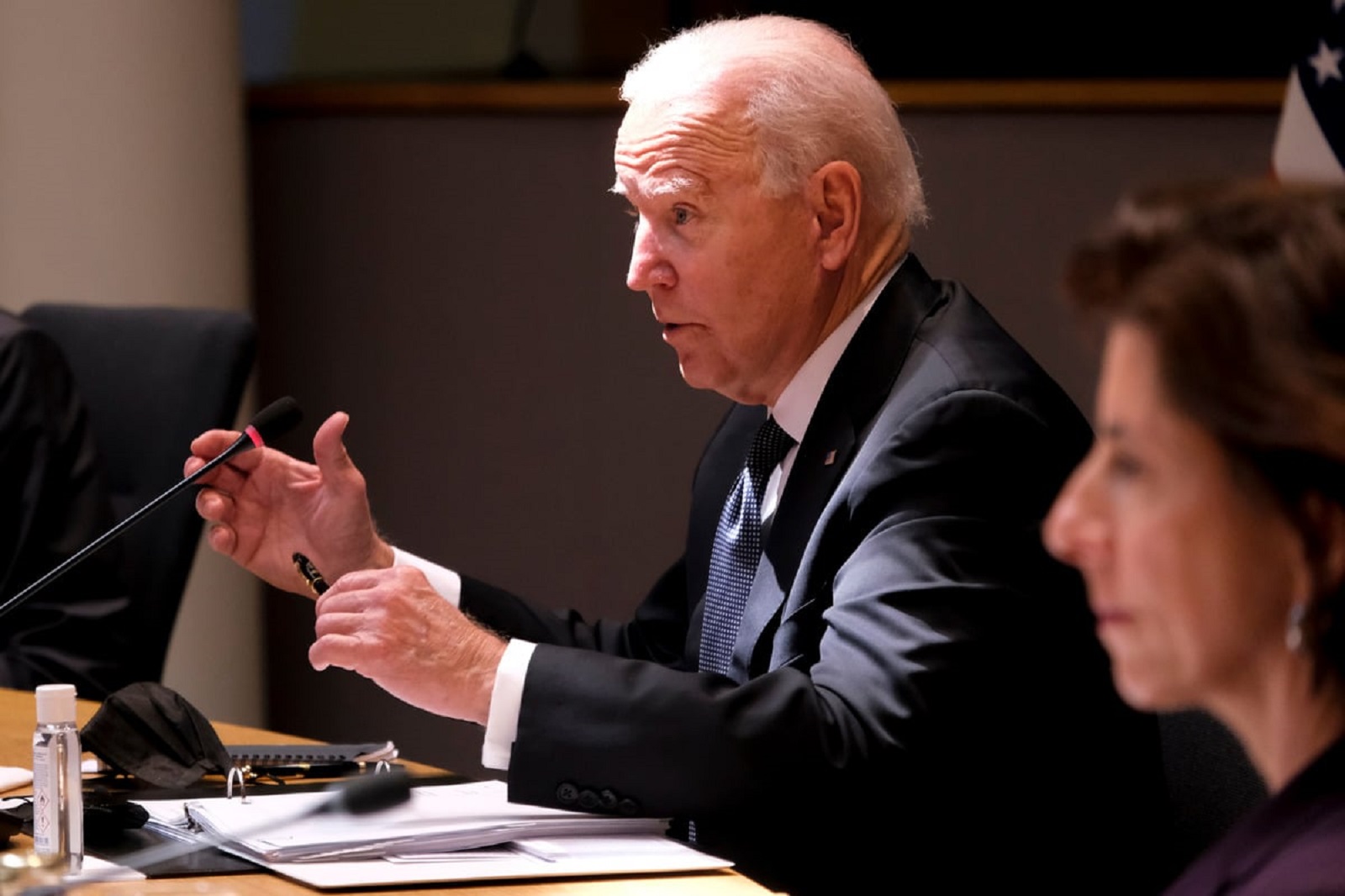
The Biden-era FTC is taking a tougher stance on mergers across the board. This approach has led to a mixed bag of results in court, but it is clear they are not afraid to challenge big deals.
The Broader Impact on Grocery Shopping
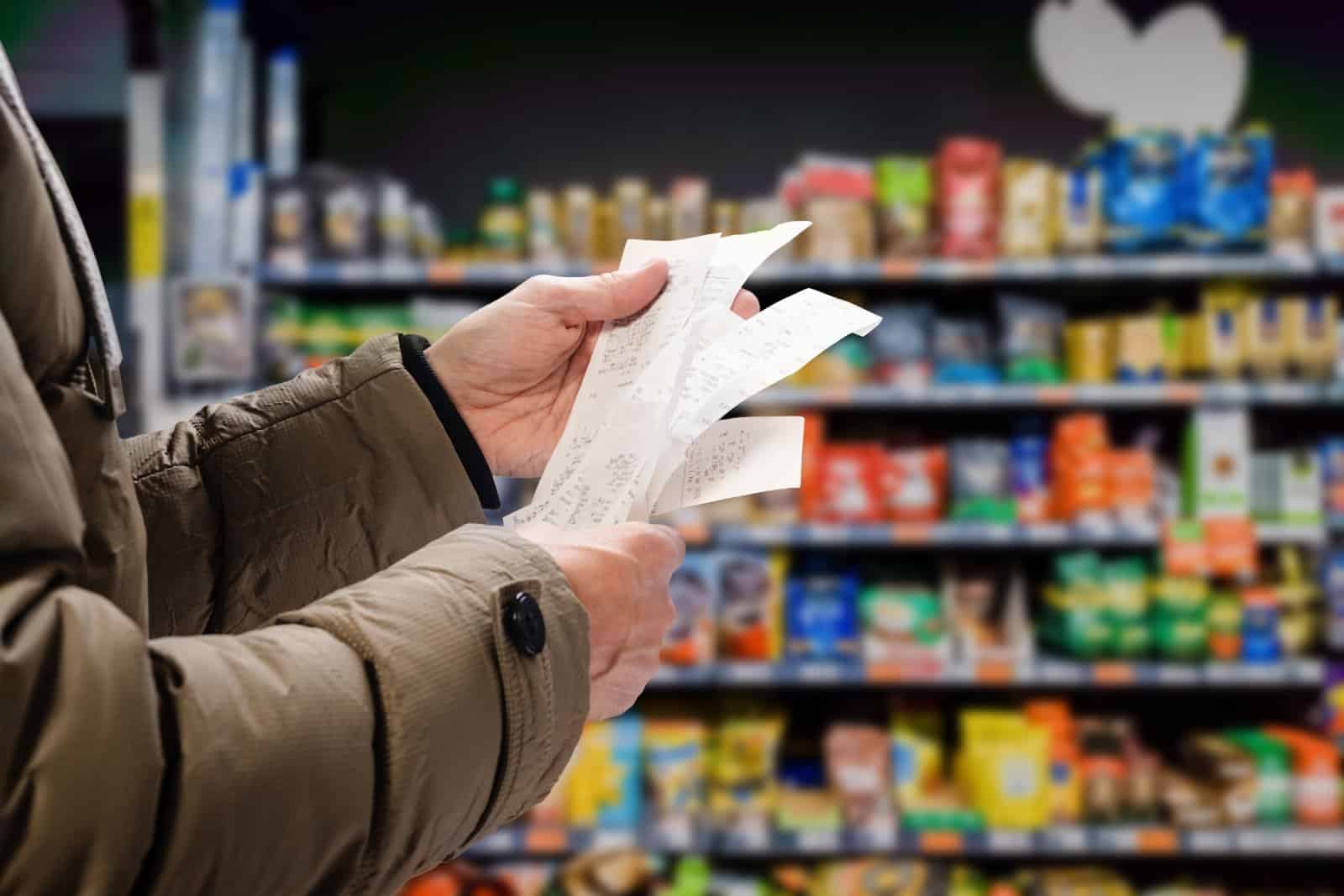
The merger’s outcome could significantly affect how Americans shop for groceries. With rising costs already a concern, the decision will likely impact the affordability and availability of food products nationwide.
Local and Shopper Sentiment

Local communities and shoppers are closely watching developments. Unsurprisingly, many are concerned about the potential impacts on daily lives and budgets.
The issue shows just how critical it is to maintain affordable access to groceries.
Heading to Court
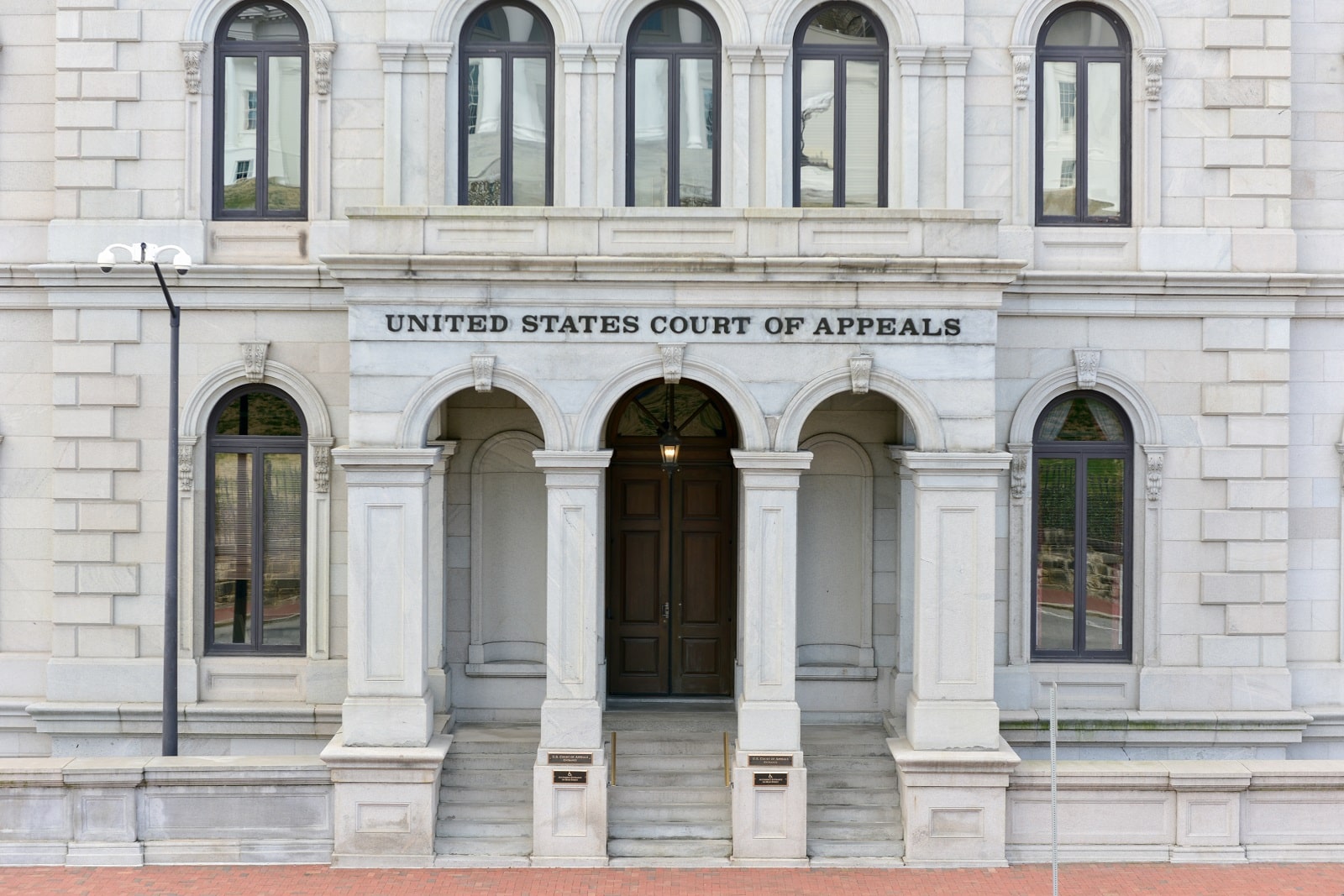
As the battle lines are drawn for court, the outcome could set a new precedent for how mergers are handled. It is a key moment for the grocery sector and consumer rights.
Why It Matters to You

This fight over the Kroger-Albertsons merger is really about making sure shopping stays affordable, and choices stay plentiful.
A Critical Moment for Consumers

This legal challenge is a big deal, laying out the battle between big business ambitions and keeping everyday costs manageable.
The post $24.6 Billion Kroger-Albertsons Merger Faces Legal Challenge Over Price Hike Concerns first appeared on Swift Feed.
Featured Image Credit: Shutterstock / Denys Kurbatov.

